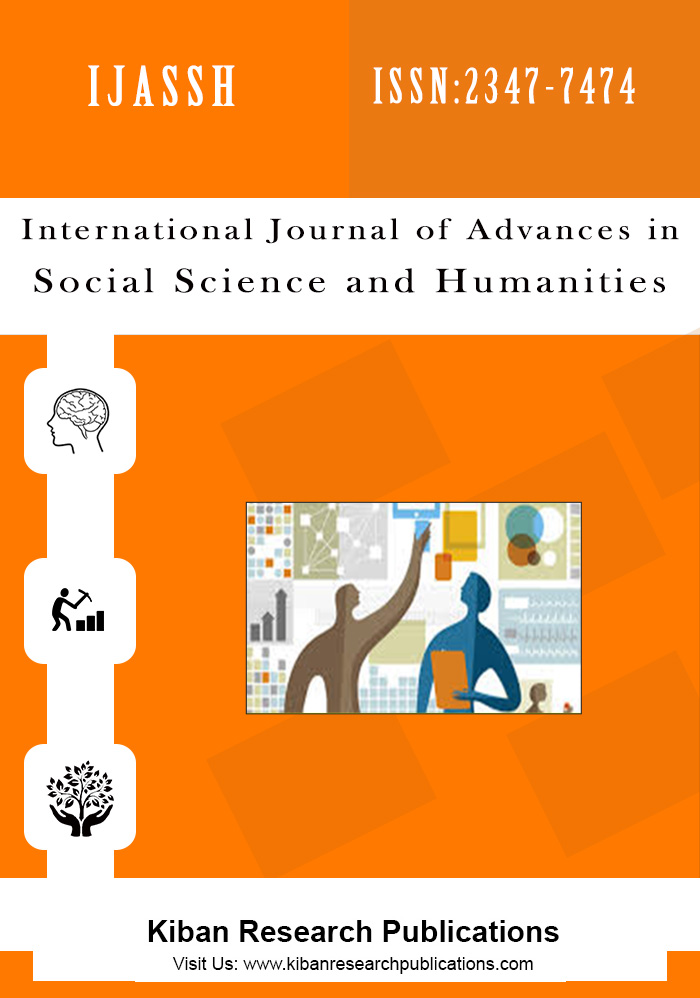School Rationalisation Process in India: Case of Rajasthan and Causes of Worry
Abstract
Â
This article analyses the ongoing school rationalisation process in India by using the case study of Rajasthan, where recently, 17,129 public schools (primary, elementary and secondary) have been merged into 13, 565 schools, resulting in the closure of approximately 3, 593 schools. The primary driving force behind the school rationalization process has been (a) to make the public education system more „sustainable and economically viable‟ by closing schools that have less number of students; and (b) to enable the state to adhere to multiple provisions of the Right to Education (RTE) Act, 2009- India‟s prominent rights-based attempt to universal elementary education. This article analyses the school rationalisation phenomenon on three grounds: (i) whether closing schools have indeed resulted in better compliance with the norms and standards of the RTE Act, 2009 (ii) the manner in which decisions have been translated into actions and carried out across the state (iii) and lastly, it explores the possible impact of the rationalisation process on the community. The analysis also emphasises India‟s context in contrast to the Western countries that have undergone this stage of school rationalisation, specifically due to decreasing enrolment rates. The paper concludes by suggesting some alternatives that could have been taken (instead of closing/ merging schools) and broadly reflects upon the visions of the state with respect to primary education in India.
Â
Keywords: RTE Act, Education, School, Merger, Closure.




